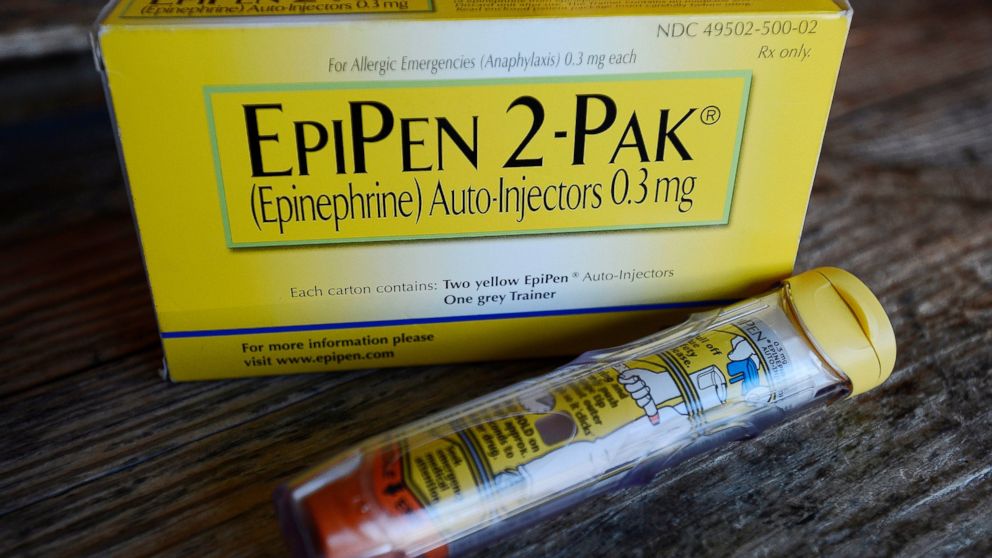Congressional Committee Launches Investigation Into EpiPen Pricing
The price for a two-pack EpiPen has increased from $100 to approximately $600.

— -- Democratic and Republican lawmakers on the Congressional House Oversight Committee have launched an investigation into the price surge for EpiPens.
In a letter sent to the CEO of EpiPen maker Mylan Pharmaceuticals, Reps. Jason Chaffetz, R-Utah, and Elijah Cummings, D-Maryland, are requesting documents and internal communications regarding the "unreasonable" EpiPen price hike -- describing the company as having a "virtual monopoly" over the auto-injector market.
The news comes as Mylan Pharmaceuticals announced it will release a generic version of the EpiPen later this year that will cost approximately $300 for a pack of two. The drug price for a two-pack EpiPen has increased from $100 in 2009 to approximately $600 this year, according to medical literature and various pharmacies.
The committee is asking the company to provide documents on its revenue, expenses and lobbying disclosures. The Congress members also asked Mylan executives to brief the committee by Sept. 6.
“Mylan has a virtual monopoly over the epinephrine auto-injector market,” the Congress members wrote in the letter released today. “While families and schools are struggling to keep up with your company’s unreasonable price increases, Mylan has profited richly from its pricing strategy.”
Requests for comment from Mylan Pharmaceuticals were not immediately returned.
In the announcement for the new generic EpiPen, Mylan CEO Heather Bresch said they want to help patients immediately reduce out-of-pocket costs.
"We understand the deep frustration and concerns associated with the cost of EpiPen to the patient, and have always shared the public's desire to ensure that this important product be accessible to anyone who needs it," Bresch said in a statement today. "Our decision to launch a generic alternative to EpiPen is an extraordinary commercial response, which required the cooperation of our partner. However, because of the complexity and opaqueness of today's branded pharmaceutical supply chain and the increased shifting of costs to patients as a result of high deductible health plans, we determined that bypassing the brand system in this case and offering an additional alternative was the best option."
ABC News' Benjamin Siegel contributed to this report.




